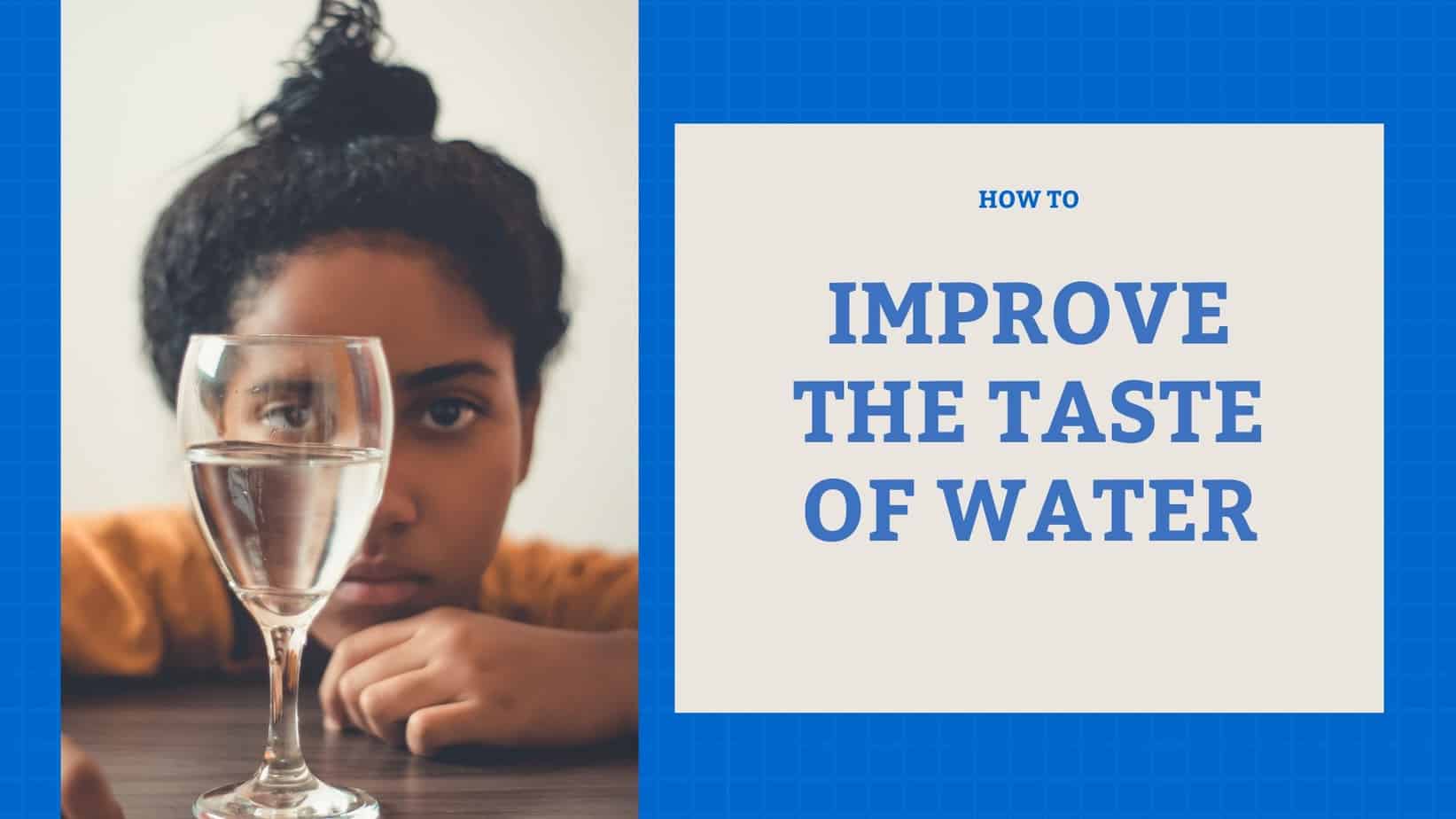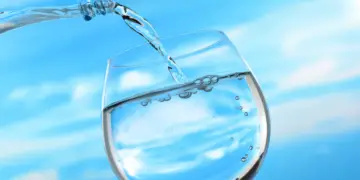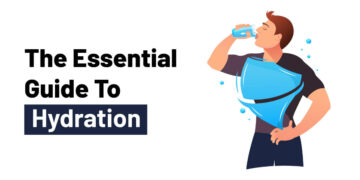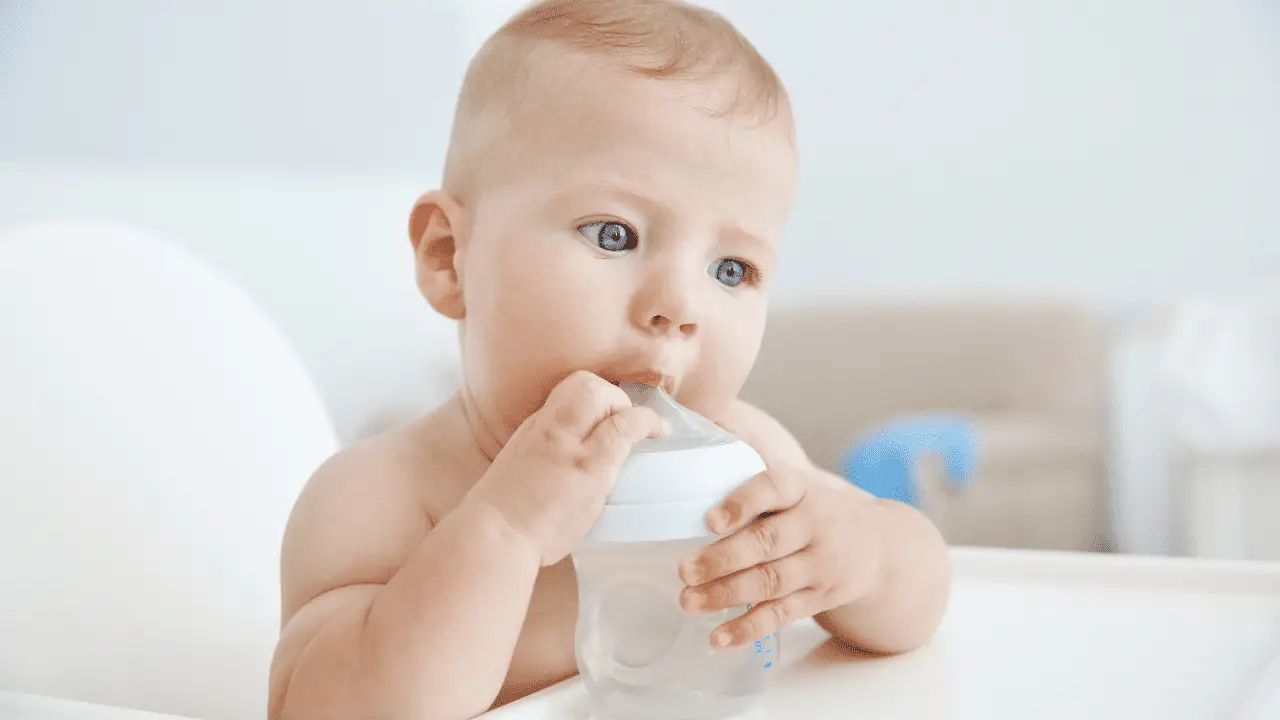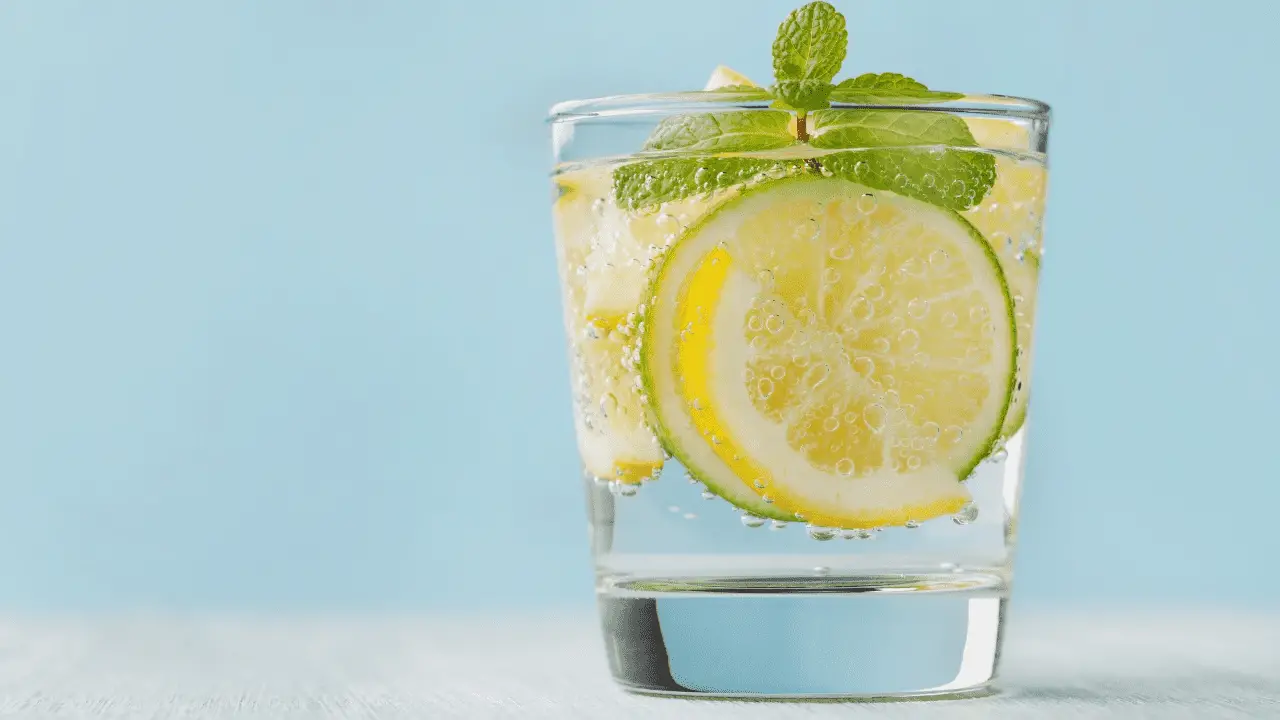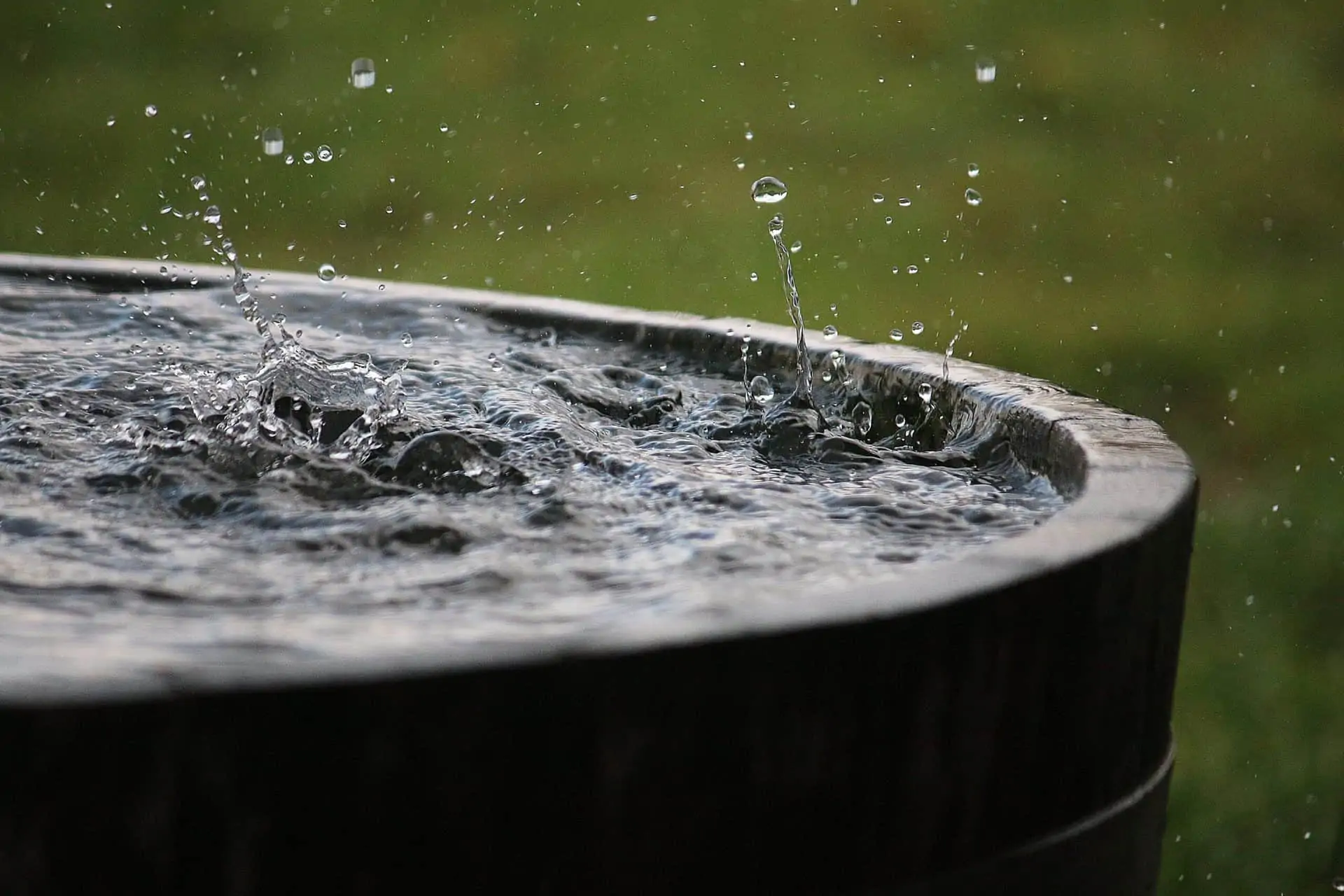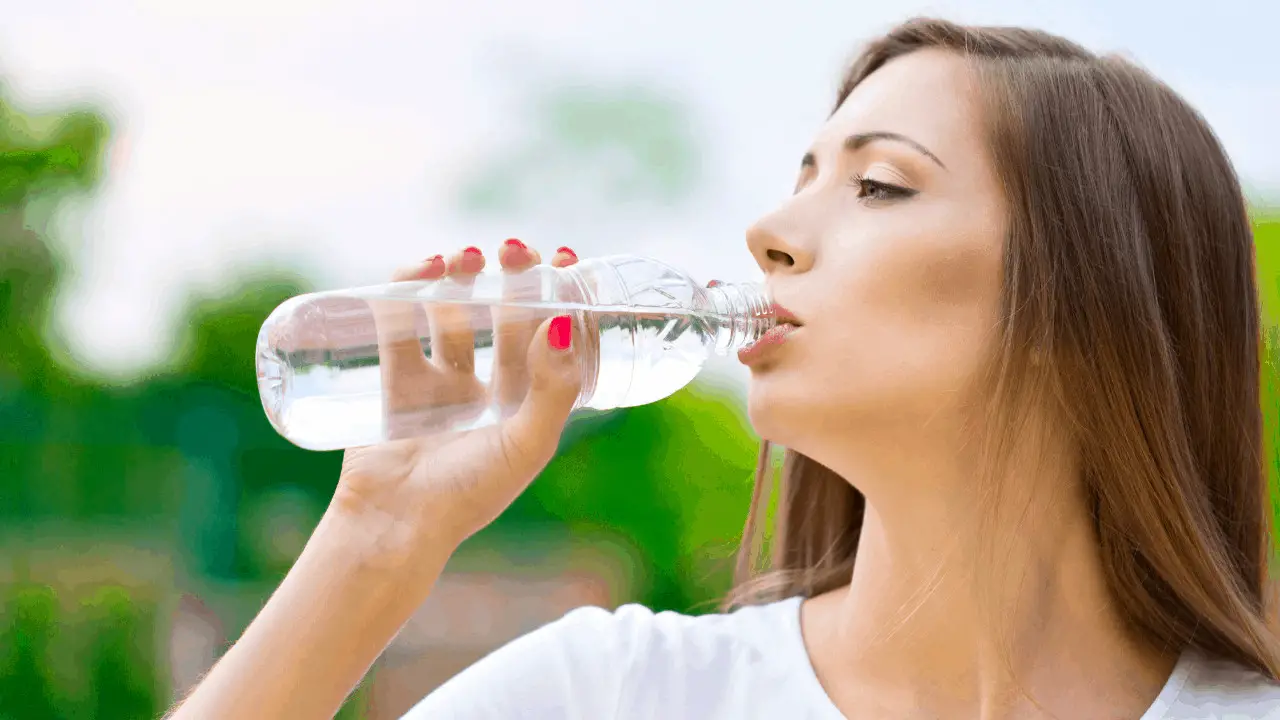We are used to hearing how water is “good for us” and how it is healthy to drink water. That’s not actually true.
Water isn’t just good for us, it is absolutely essential for our entire well being. Together with air, water is the most important thing we need to consume. It is much more important than food for our survival – our bodies can survive weeks without any food, but perish after only a couple of days without water. Water is more important than any of the other ~50 nutrients our bodies require. Plus, it actually contains 0 calories.
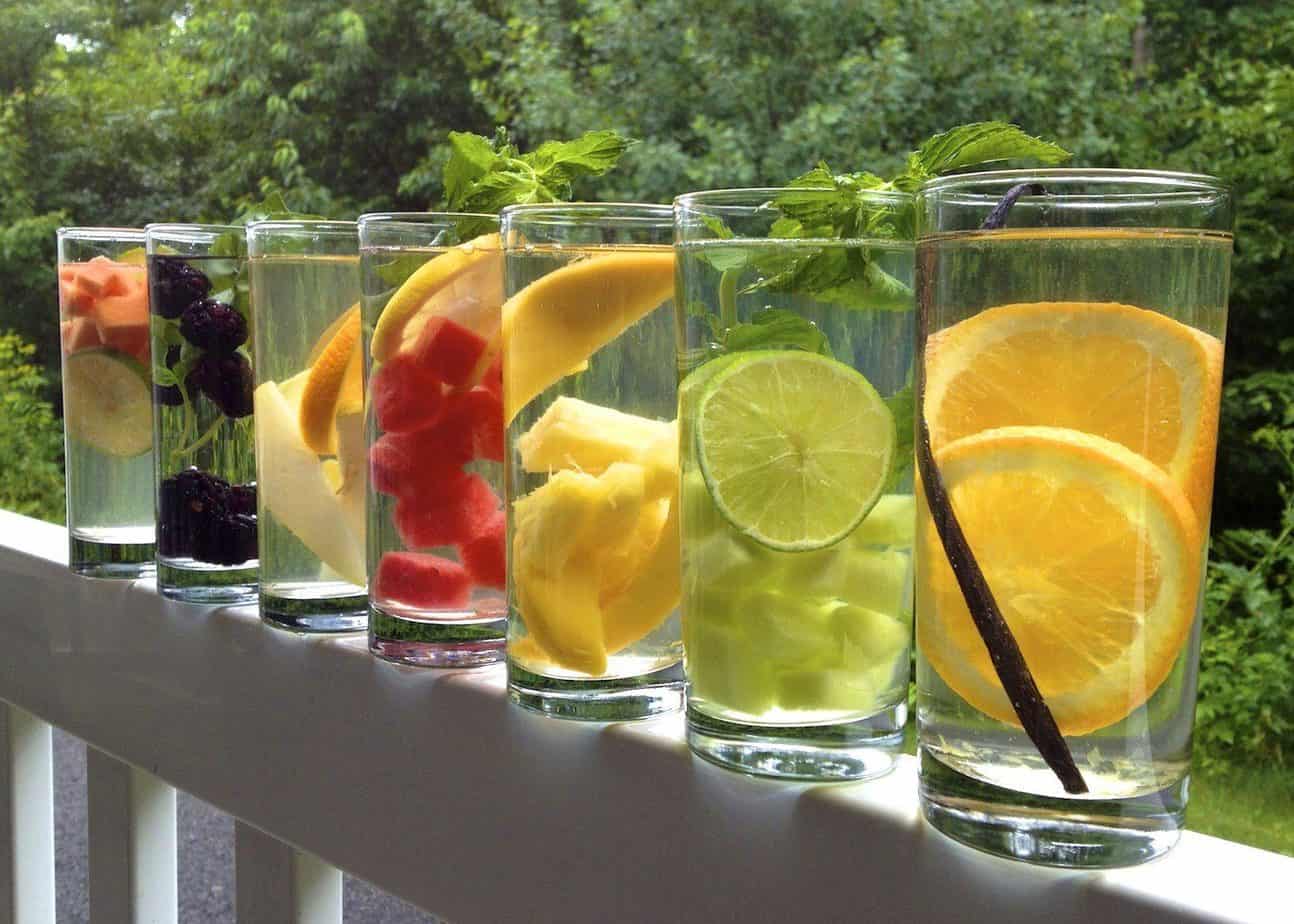
And water isn’t needed for just survival – it is important for the adequate function of every single organ in our bodies. So yes – we can survive a day or two without water, but for a healthy life we need between 2 and 3 liters (0.5 – 0.8 gallons) of water every day. And when we say that, we mean water, not other beverages that include water. Juices and sodas are not adequate substitutes of water because together with the water in them, they bring multiple other additives that have a long-term dehydrating effect on our bodies.
If we don’t reach the healthy requirement of 2 – 3 liters of water per day on a regular basis, 7 days per week, we won’t die of thirst, but we are guaranteed an innumerable amount of health issues years earlier than they would have otherwise happened. Anything from becoming overweight (which is largely affected by a slow metabolism, which, in turn, is affected by how much water we drink), to deadly and agonizing physical conditions is dramatically influenced by how much water we drink
Yet, more and more people continue to reduce the amount of water they drink. But why!?
Today, more than ever before, we understand how our body works, what it needs, and what happens when it doesn’t get it. We’ve seen the effects of diseases and ailments, we’ve seen how hard life can get when you develop a crippling health problem, and we have seen what it is “to live through a slow death”. Yet, the majority of the people in the Western world only drink nearly half the water that they actually need. And there are two main reasons for that:
- There are a ton of better-tasting “substitutes” for water on the market that give us the feeling of hydration without actually having the proper hydrating effect of clean, pure water. Anything from juices and sodas to beer gives us the feeling of satisfying our thirst, but it dehydrates our bodies in the long run. After all, that’s the profitable business model – satisfy their mouth’s thirst, but dehydrate their bodies so they buy another beverage.
- Bottled water is as expensive as sugary drinks and beer, and tap water can have a plain taste at best or a bad taste, accompanied by an unpleasant odor. The vast majority of people purposefully avoid drinking tap water exactly because the 1 – 2 tap water sources that they’ve used in their life have had a bad taste and so they think that water is unpleasant in general.
And the result of those two key factors is the insufficient hydration of our bodies, a slow metabolism, and overall poor health.
So, how do we avoid all this? How do we fix the broken system that we’ve built for ourselves? Well, fixing the system may be difficult and time consuming, but fixing our individual situations in it is actually easy – we must find ways to improve the taste and overall healthiness of the tap water we have at home.
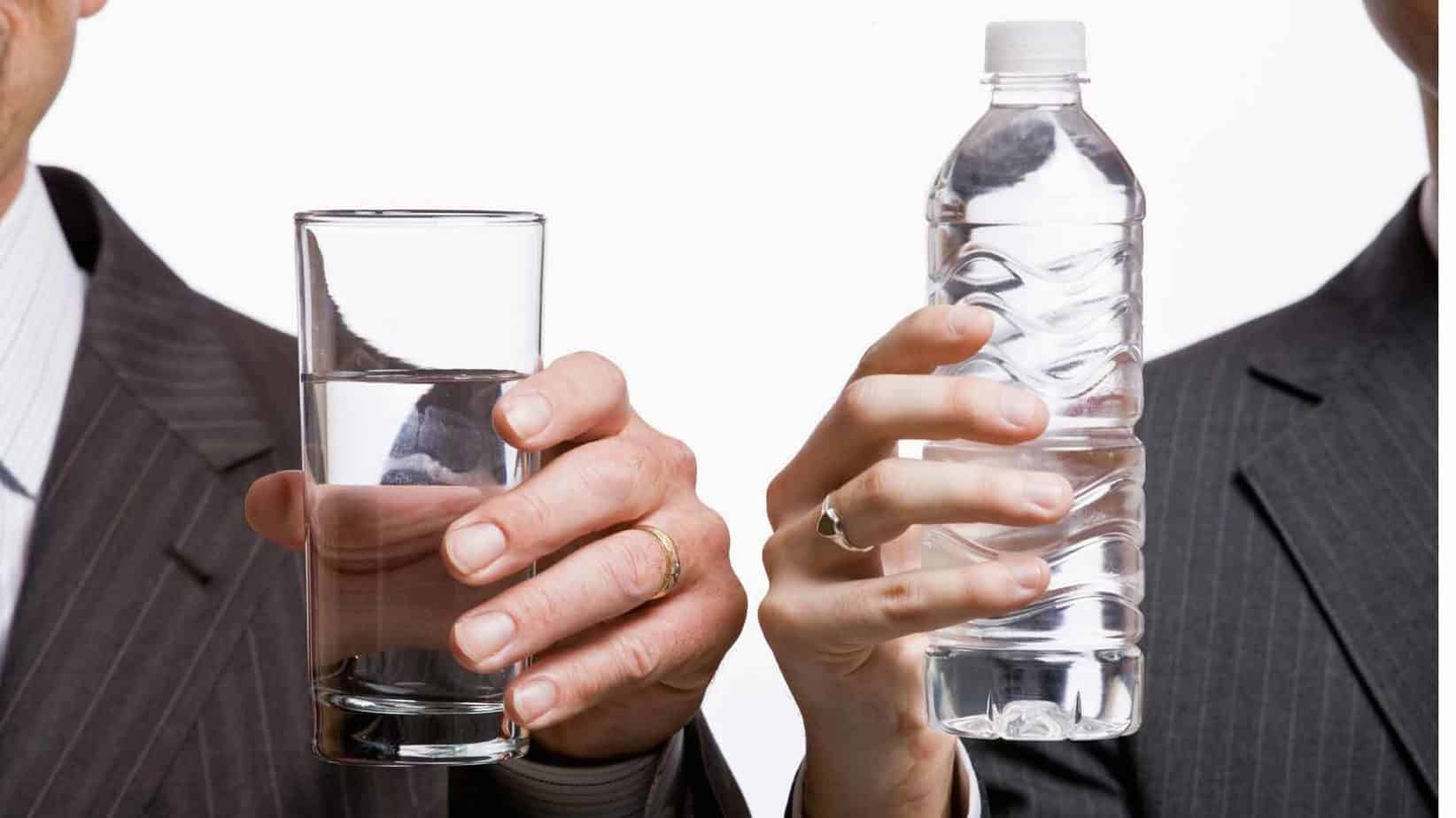
The Importance of The Source Of Water
Here are the main sources of drinking water we use:
- Mains or tap water: A significant source of drinking water, tap water is generally healthy in developed countries because municipalities there filter it from almost all possible unhealthy contaminants. The problem is that a part of this filtration process is the introduction of chlorine and fluoride, which tend to give the water an unpleasant taste and sometimes even a bad odor. Plus, in bigger quantities they can have negative effects on us in and of themselves. Fortunately, tap water can be easily filtered through the use of house water filtration systems – things such as whole house water filters, under sink water filters, premium countertop mounted water filters, refrigerator or even high quality water pitcher filters can all help you filter your water. Additionally, boiling water kills most germs in water (if there are any), and putting it in a refrigerator overnight gets rid of chlorine, although both methods are much clumsier than simply using a water filter.
- Filtered water: With a proper water filter, tap water can become more or less the healthiest drinking water you can get.
- Well water: Well water is largely dependent on the well it comes from. It can either be very healthy and have a lot of trace minerals that we need, or it can be dangerously unhealthy. Either way, frequent testing of its qualities and intensive filtration is recommended.
- Distilled water: Heated into steam and then condensed back into a tank, distilled water is great for ironing or machinery but is not a good source of drinking water.
- Spring or mineral water: This water is collected from underground springs and is rich on healthy minerals. It is filtered and bottled for home use. Its quality, however, is subject to a lot of factors – how it was filtered, how it was bottled, how it was delivered, how it was stored, etc. Most of those depend on the specific company behind the process, but the water is always very expensive.
- Bottled water: Similar to spring water, but usually coming from actual tap water sources, bottled water is overly expensive and is usually an inadequate substitute for tap water unless your circumstances compel you to buy it.
- Alkaline water: Many people swear by its benefits and it can easily be produced by the use of an alkaline water pitcher.
As you can see, not all water is equally healthy for us. Some water sources are good but can be improved, and others are borderline undrinkable. The best solution for both our health and pockets is usually filtered tap water, as long as the filter you are using is adequate and of high quality.
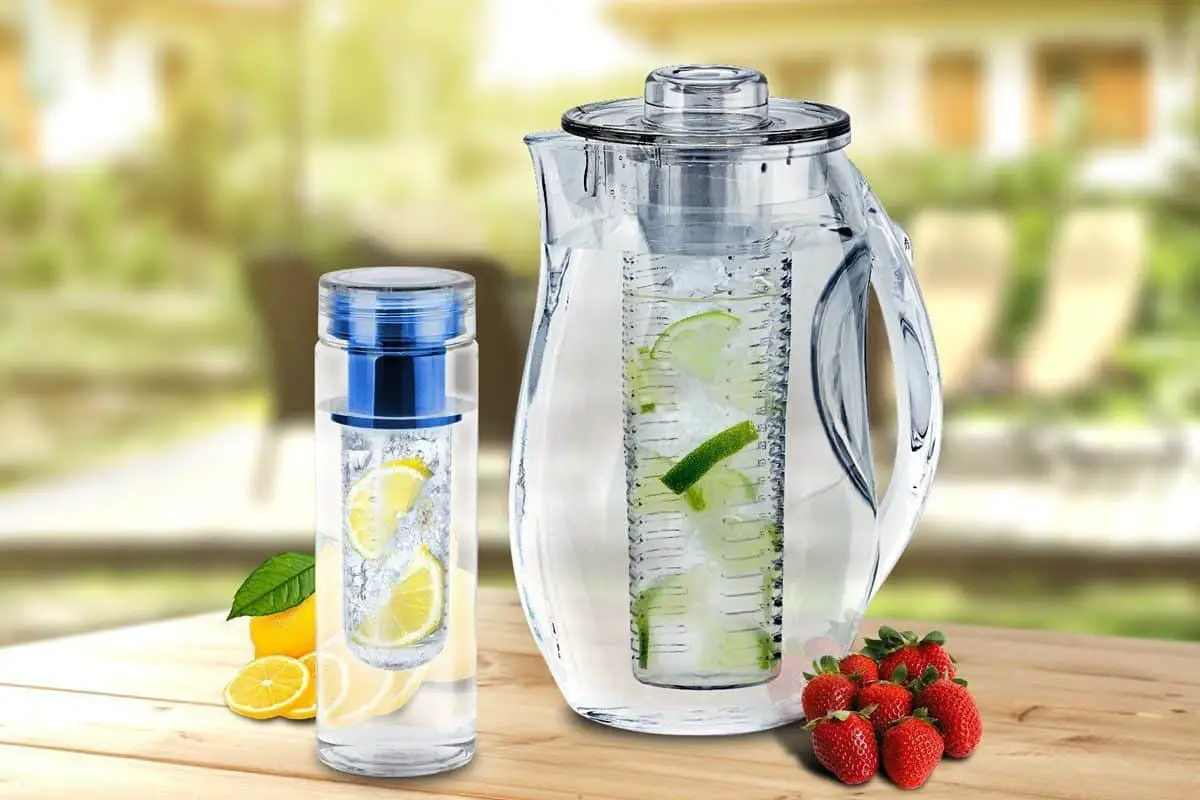
Tips To Improving the Taste Of Water
Choosing a good source for our drinking water is important, but there are other things we can do to improve its taste:
- Add several squirts of lemon and lime to add a bit of taste and sourness to the water.
- Add some fresh and clean mint leaves.
- Add several strawberry halves and let them sit in the water for a few minutes.
- Add several cucumber slices and let them sit in the water for a while.
- Use an infused water pitcher for any of the above and for any other combination of fruits and veggies.
- Put a pitcher of drinking water in the refrigerator overnight – the chlorine will evaporate (the pitcher should be without a top) and the water will have a much better taste.
- Add ice cubes made out of no-sugar-added juice into the water.
Conclusion
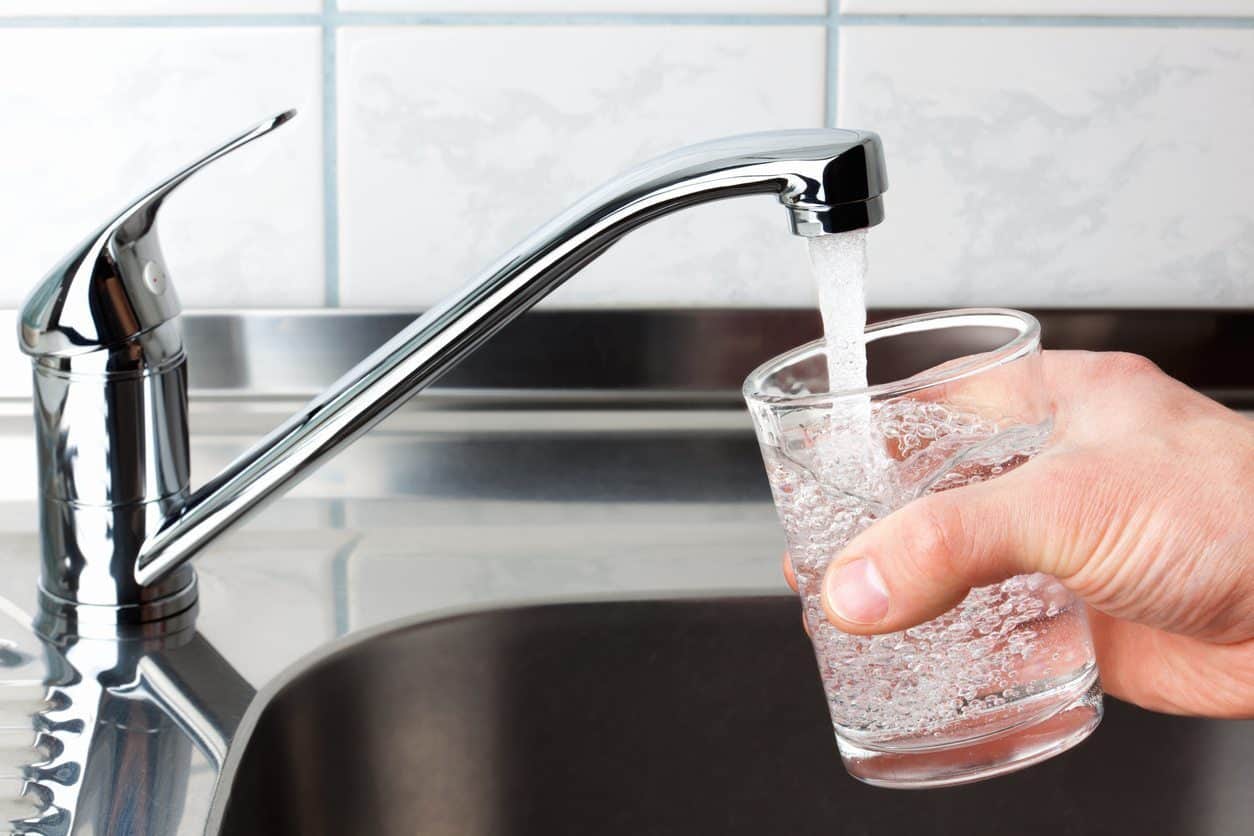
There are other ways to improve the taste of drinking water other than changing the water itself. A lot of times we find water tasteless simply because of our very own taste receptors. Here’s what you can do:
- Stop drinking sugary drinks and sodas. They are not only unhealthy but they also alter our taste.
- Try and eat more healthily. Just like unhealthy drinks, unhealthy food – food with too much salt, too much fat, too much vinegar and others – can also dull our tastes. It is very common for people to start sensing and experiencing new tastes and new subtleties in water, as well as in a lot of natural foods, once they improve their diets.
- Drink water for a longer period of time without drinking other things. Water can take a little getting used to if you are usually substituting it with other drinks. It’s not uncommon for people to dislike a new type of water when they first encounter it – when they move to another city, for example – but to start loving it after a while.
Resources:

